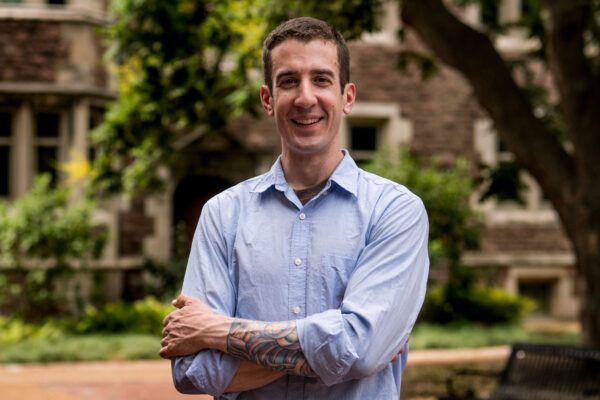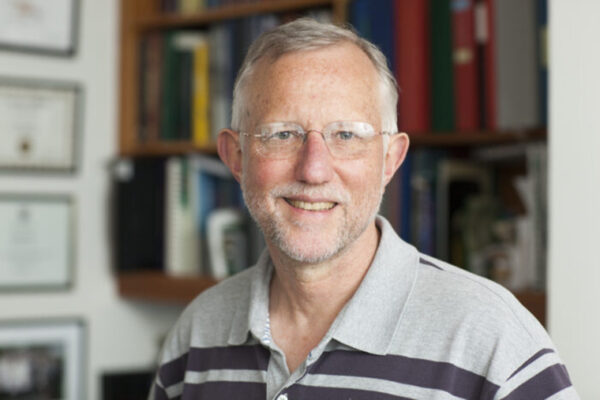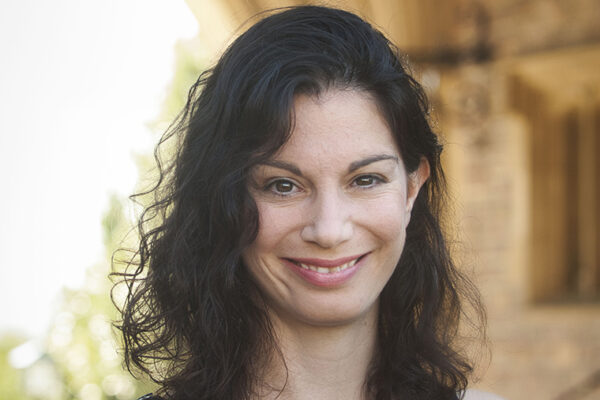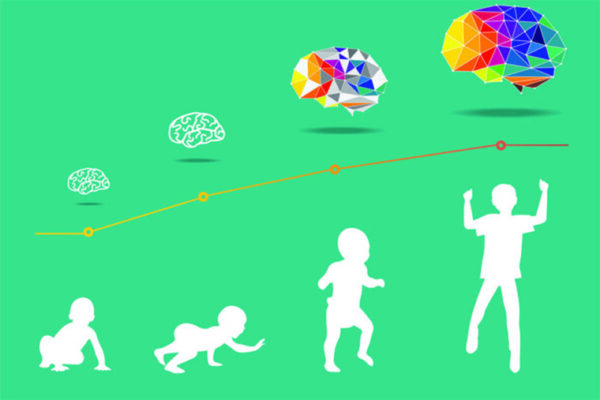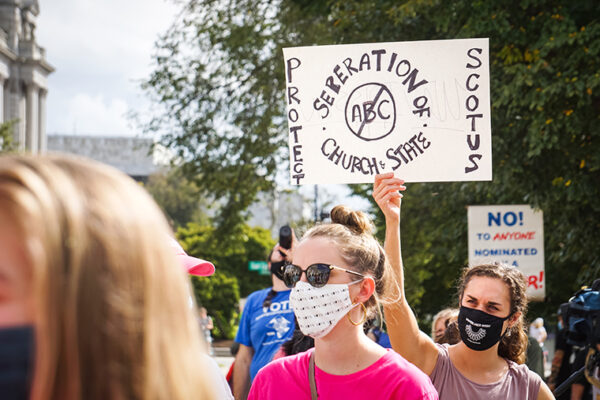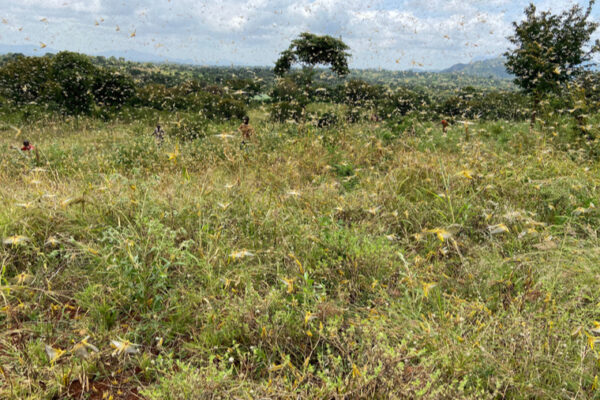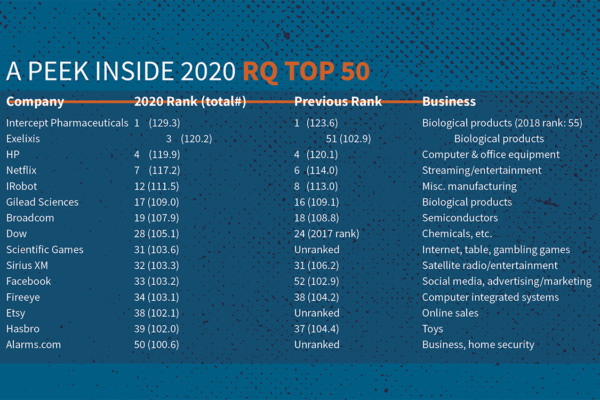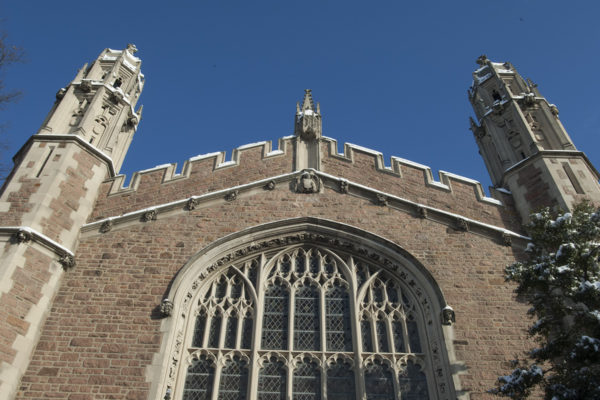Hengen awarded $1.8M to study sleep’s contribution to brain function
Keith Hengen, assistant professor of biology in Arts & Sciences at Washington University in St. Louis, received a three-year $1.8 million grant to study the role of sleep and waking behavior in shaping the brain’s neural dynamics. His research will help scientists understand how sleep contributes to healthy cognition and shed light on the mechanisms by which disrupted sleep worsens neurodegenerative and mental health disorders.
Nobel awarded to Charles Rice for hepatitis C discoveries at School of Medicine
The 2020 Nobel Prize in Physiology or Medicine was awarded Oct. 5 to three scientists for groundbreaking research that led to the discovery of the hepatitis C virus. One of those scientists — virologist Charles M. Rice — conducted his seminal work while on the faculty of Washington University School of Medicine.
Smith named vice provost for educational initiatives
Jennifer R. Smith, dean of the College of Arts & Sciences at Washington University in St. Louis, has been named to the new position of vice provost for educational initiatives, announced Beverly R. Wendland, provost and executive vice chancellor.
Basis of developmental disabilities focus of $11.3 million in grants
School of Medicine researchers have received renewed National Institutes of Health (NIH) funding for the Intellectual and Developmental Disabilities Research Center. The center’s researchers study genetic and environmental factors that contribute to developmental disabilities.
Center for the Study of Race, Ethnicity & Equity tackles challenge of structural racism
The Center for the Study of Race, Ethnicity & Equity at Washington University in St. Louis has debuted this fall with programs to support and amplify field-defining research, nurture the next generation of scholars and build partnerships in the St. Louis region. The work could not be more urgent, said its founding director, Adrienne Davis, who is also vice provost and the William M. Van Cleve Professor of Law.
Juba receives CAREER award for artificial intelligence research
Brendan Juba at the McKelvey School of Engineering at Washington University in St. Louis will take a close look at relationships and generalization in artificial intelligence with a National Science Foundation CAREER award.
Judge Barrett’s religion not a confirmation issue
Questions about Amy Coney Barrett’s religious affiliation and beliefs have dominated public discussion since President Trump announced that she was his pick to fill the U.S. Supreme Court seat left vacant by Ruth Bader Ginsburg’s passing. While her Catholicism is considered controversial by some, should it impact her confirmation? A Washington University in St. Louis law professor weighs in.
Universities join forces to understand locust swarming
One locust is harmless, a swarm can be devastating. A new multi-institutional, multi-disciplinary project involving a researcher at Washington University in St. Louis aims to understand how swarms arise — and how to combat them.
Research and new developments
The 2020 RQ50, highlighting the 50 companies whose R&D is most productive, were unveiled Sept. 8 at The Industrial Innovation Path to Economic Recovery Conference hosted by the Boeing Center at Washington University in St. Louis. The unveiling coincides with research forthcoming in the Journal of Financial and Quantitative Analysis.
‘Reflections’ event encourages university to come together
The Washington University in St. Louis community is invited to gather together virtually at noon Thursday, Oct. 8, for “Reflections: Remember & Recommit,” an event that will provide a space for grief and hope during this extraordinary time.
View More Stories
